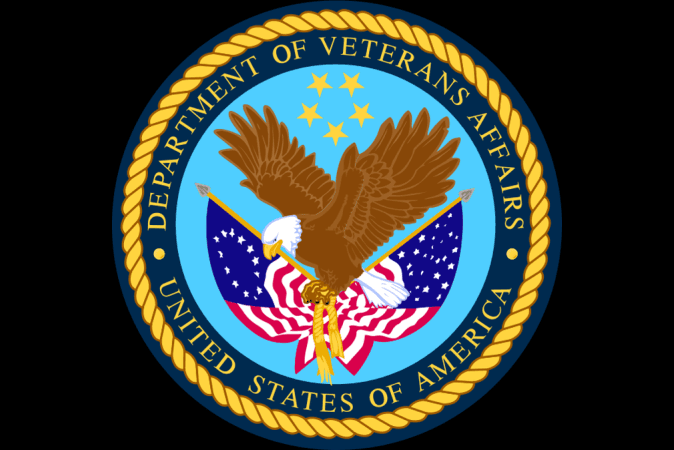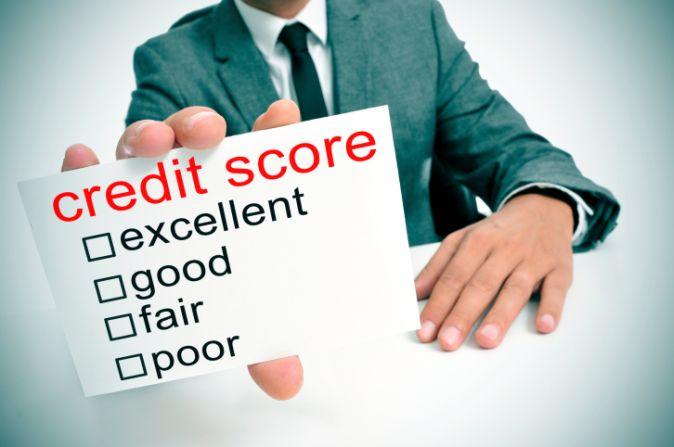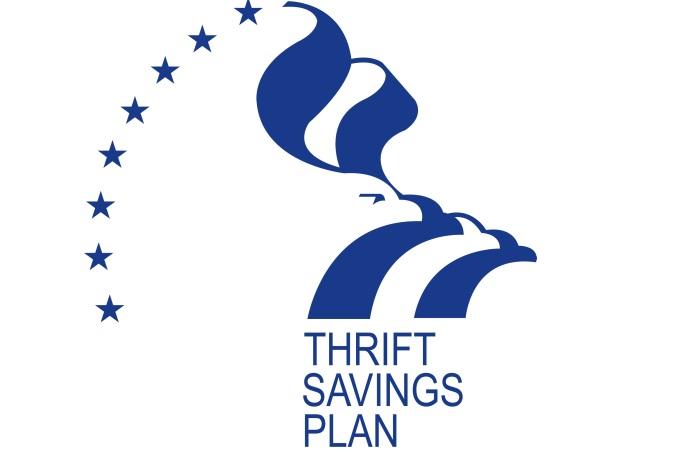One of the least understood benefits the military has to offer is the Vocational Rehabilitation program, also called Chapter 31. This is unfortunate, for it is arguably one of the best benefits a veteran can utilize.
When I, myself, was getting out of the military, I was told that I had to choose between the GI Bill and the Voc Rehab program. The difference, I was told, was that the GI Bill would pay for college and university education, and the Voc Rehab program would pay for trade schools (such as plumbing or electrician certification programs). Many veterans are under a similar impression.
This is only a half-truth. In fact, both the GI Bill and the Voc Rehab program can be used by the same veteran. One does not have to pick between one or the other. Additionally, the Voc Rehab program can pay for university level education, too.
It doesn’t stop there, for the Voc Rehab program can also pay for graduate level education, medical school, law school, or even provide loans of $100,000+ to veterans wishing to start their own small businesses. It may also provide supplies (such as a computer) and a subsistence allowance each month.
Unlike the GI Bill, which has a 36 month maximum benefit limit, the Voc Rehab program can be used for an indefinite amount of time, and it can even be used multiple times.
Of course, there are rules and stipulations to all of these things. First, let’s take a look at what is required to make a veteran eligible to use the Chapter 31 program:
- the veteran must have received, or will receive, a discharge that is other than dishonorable.
- the veteran must have a service-connected disability rating of at least 10%, or a memorandum rating of 20% or more from the VA
- the veteran must be within a 12 year window from the date the disability was determined, unless a serious employment handicap is determined to exist.
Once the veteran is considered eligible, he or she will meet with a Voc Rehab Counselor (VRC) to determine if he or she is entitled to the benefits. To be entitled, the veteran must either:
A - be rated at 20% disabled for a service-connected disability, be determined to have an employment handicap (the disability must impair the veteran’s ability to obtain or maintain a job), and be within the 12 year window, OR
B - be rated at 10% disabled for a service-connected disability and be determined to have a serious employment handicap (the disability seriously impairs the veteran’s ability to obtain or maintain a job)
The criteria for determining a job is based on the veteran’s skills, aptitude, and interests.
Once entitlement is established, the veteran will work with the VRC to get the veteran back to work, whether it is through reemployment with a former employer, direct job placement in new employment, self-employment, or via long term means such as college/schooling.
The likelihood your claim will get approved varies on a number of factors, but mainly how well you prepare. If you can present a legitimate argument that what you are proposing is the best option to get you employed in work that falls within your skills, aptitude, and interests (all three of these are key), then you will likely be approved.
It’s best to do it right the first time, for appeals take years.
If you are an eligible veteran, and you wish to take advantage of this program, you can prepare by familiarizing yourself with the three documents which set the rules that the VRC and the VA have to follow as well as defining your rights:




